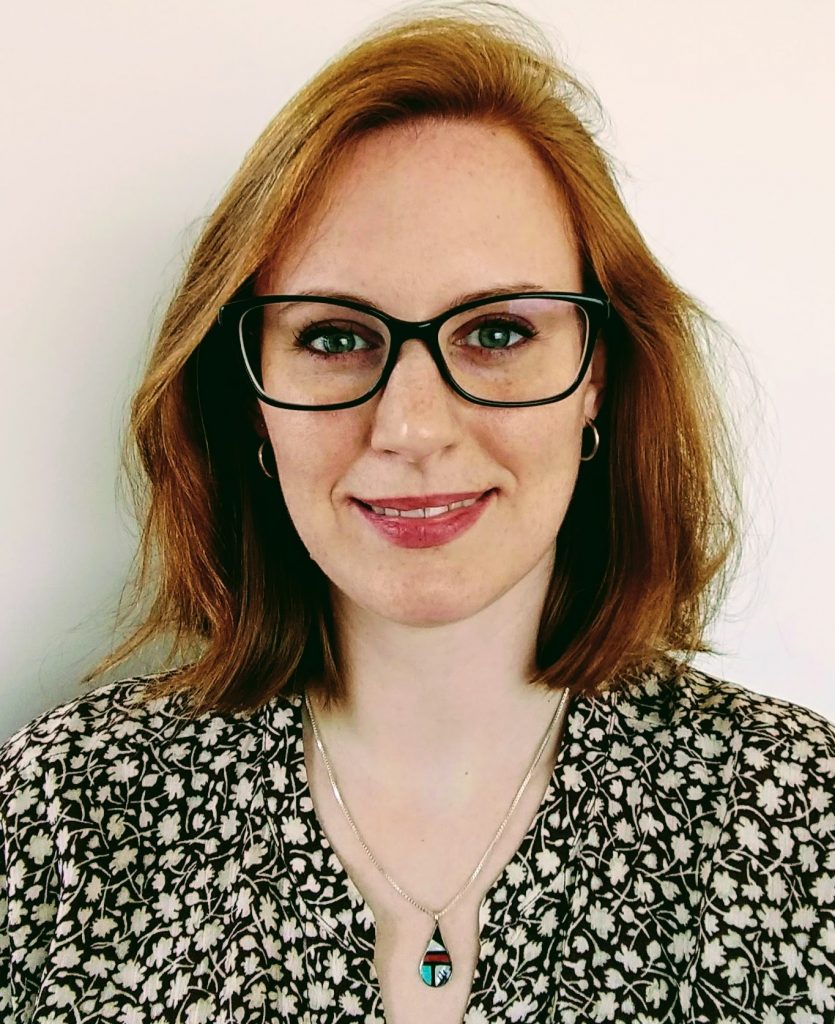Upcoming webinar

On 16 February at 1600 CET, Mikaëla Adams, University of Mississippi, will present: “Influenza in Indian Country: Indigenous Sickness and Federal Responsibility during the 1918-1920 Pandemic.”
The so-called “Spanish flu,” a deadly new strain of avian influenza that first emerged sometime in the early spring of 1918, infected global populations with shocking intensity and devastating results. By 1920, a third of the global population had contracted the disease and at least fifty million people had died from it, including more than 675,000 in the United States. Indian Country—the areas within the United States inhabited by the nation’s Indigenous peoples—was particularly hard hit. According to a 1919 report, at least 78,177 Native people caught influenza and 6,632 died out of a population of just 320,654. This Indigenous mortality rate of 2.1% was nearly four times higher than that of the nation’s large cities. My current research project traces the history of the influenza pandemic in Indian Country. In this presentation, I will discuss the ways in which the economic, cultural, and racial marginalization of Native people in early twentieth-century America limited their access to medical care and contributed to their disproportionate mortality rate during the outbreak. I will also outline some of lessons we might draw from that experience when we consider the ongoing health needs of marginalized communities today, especially in the midst of the COVID-19 crisis.
Mikaëla M. Adams is an adjunct associate professor of Native American history for the University of Mississippi. She received her Ph.D. in History from the University of North Carolina at Chapel Hill in 2012. Her first book, Who Belongs? Race, Resources, and Tribal Citizenship in the Native South, which was published by Oxford University Press in 2016, explores themes of Indigenous identity, citizenship, and sovereignty in the Jim Crow South. Her current project examines the influenza pandemic of 1918-1920 in Indian Country. She also has published articles in the Florida Historical Quarterly, the South Carolina Historical Magazine, the American Indian Quarterly, and the Native South.
Contact jessicad@oslomet.no for the link.
